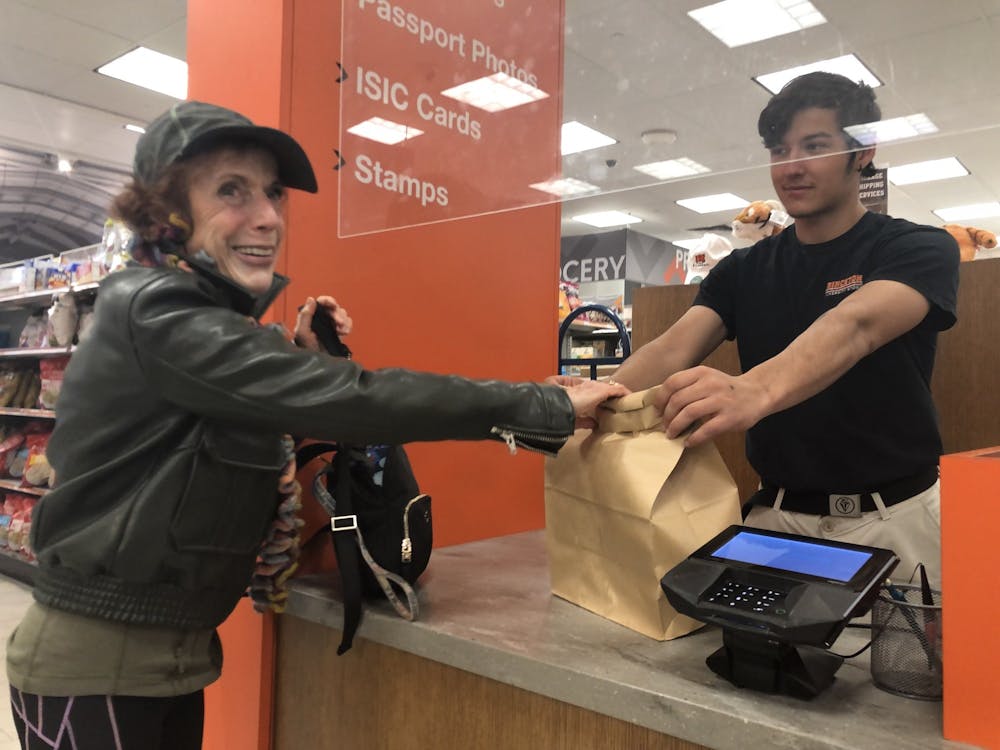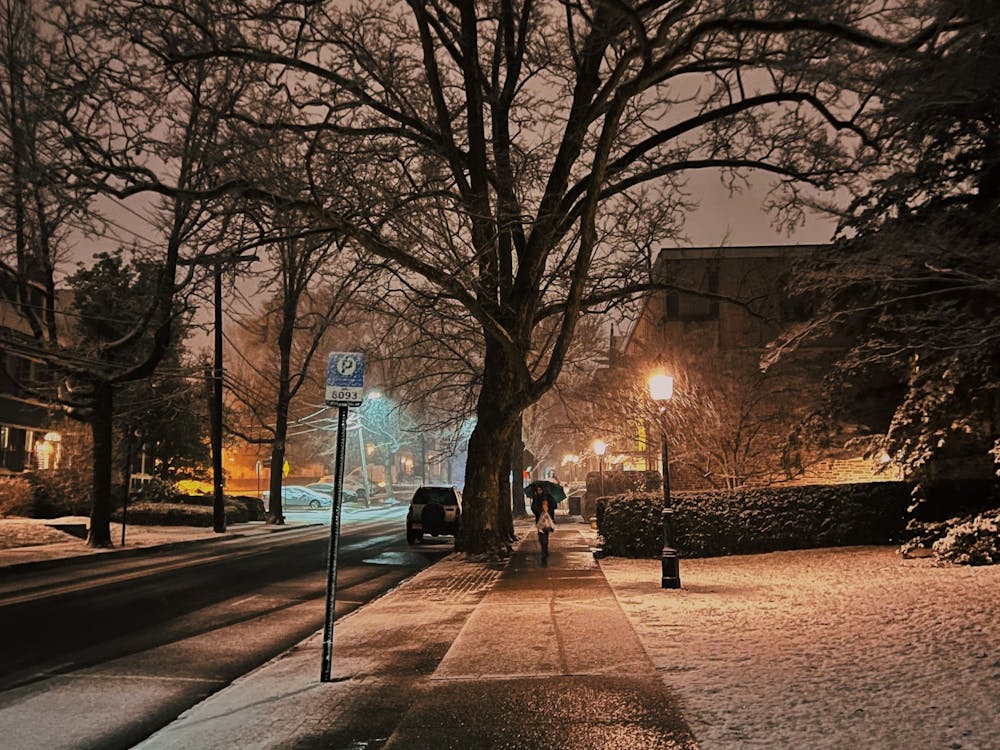As of May 4, New Jersey retailers and food service businesses will no longer be permitted to use or distribute single-use plastic bags, per a bill passed by Governor Phil Murphy and other lawmakers last year.
The multi-phase bill targets plastic pollution caused by New Jersey’s retail and food service industries. Its first phase, which implemented a partial ban on plastic straws, has been actively enforced since November 4. Princeton Health Officer and Deputy Administrator Jeff Grosser reported a high level of compliance with this part of the new law in email correspondences obtained by The Daily Princetonian.
In addition to the newly introduced “bag ban,” the bill’s second wave of regulations will prohibit disposable polystyrene foam cups and food containers. Furthermore, while paper bags will be permissible in small convenience and grocery stores, establishments exceeding 2,500 square feet will require customers to provide their own reusable bags or purchase them on-site.
In a written statement to the ‘Prince,’ councilmember and Environmental Commission Liaison Eve Niedergang spoke of how these new policies will be upheld within the municipality of Princeton.
“Food inspectors will conduct compliance checks when they do inspections of venues that serve food… Our Fire Safety inspectors will be checking compliance with the new law when interacting with establishments that do not serve food,” she wrote.
Establishments found in violation of the ban will be issued a warning upon their first offense, a fine of up to $1,000 per day of violation for a second offense, and a fine of up to $5,000 per day for a third offense.
The municipality will keep up to 30 percent of the monetary fines collected from violators. Niedergang specified however, that “our goal is compliance through education rather than imposing fines.”
She also shared preemptive measures led by environmental groups within the town of Princeton. Sustainable Princeton and the Princeton Environmental Commission have taken charge of preparing the local business community, alerting them to the approaching changes before they take effect.

In anticipation of the policy, small food-sale establishments on Princeton University’s campus, such as the convenience store in Frist Campus Center and the U-Store, began distributing paper bags to customers as early as Thursday, April 28.
The Princeton Conservation Society (PCS), a student-led environmental activism group, expressed support of University vendors making these preemptive changes, and of the policy as a whole.
In a joint comment, the group’s president Mae Kennedy ’24 and vice president Spencer Koonin ’24 said that, “The New Jersey plastic ban demonstrates tangible and widespread implementation of action.”
“Political stances such as these bring environmental issues to the forefront of politicians’ office discussions and dinner table chats alike,” they wrote in an email to the ‘Prince.’ “By banning the use of plastic bags, straws, and Styrofoam containers, our dependence on single-use, extremely harmful products is disrupted.”

However, PCS critiqued certain aspects of the legislation, pointing out that low-income establishments, which may have difficulty providing often more expensive alternatives to plastic, may suffer disproportionately from the law’s steep monetary fines. They also expressed dissatisfaction with the government’s promotion of all reusable bags, as many are made with non-sustainable materials.
Princeton residents may report violations of the bag ban online or through the municipality’s app, which will introduce a new option to notify authorities of stores out of compliance in coming weeks.
Tess Weinreich is a news staff writer and features contributor for the ‘Prince.’ She can be reached at tw7353@princeton.edu.








